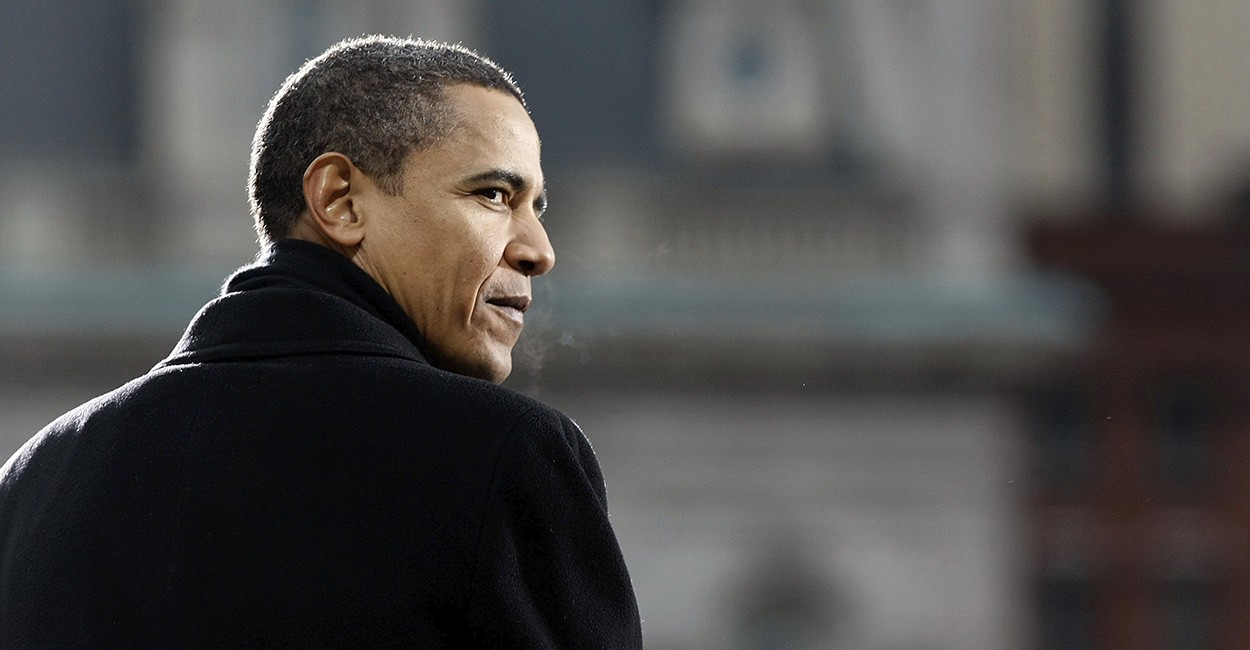By: Robert Jones
In the aftermath of the Sandy Hook shooting this past December, many Americans found themselves drowning in media coverage. Though much time was devoted to grieving for the children and adults lost, eventually a debate began over how to prevent anything like this from happening again. The two main solutions argued were better mental health treatment and stricter gun control, but there is another factor that was often overlooked. There is an intense desire to find a concrete answer for this problem and fix it, but the problem might actually be with how Americans look for the solution. The public’s fascination with mass shootings and the people who commit them could be what motivates the shooters to release their anger in a highly visible way.
If there were no guns and no mental illness, then there would be no mass shootings. Rifles and schizophrenia, however, are not breakthrough cultural developments. These shootings have only become so pervasive in the last ten to fifteen years. Blaming the obsessive news cycle is not an entirely new idea: the movie critic Roger Ebert said the same thing almost ten years ago in his review of the film Elephant:
When an unbalanced kid walks into a school and starts shooting, it becomes a major media event. Cable news drops ordinary programming and goes around the clock with it. The story is assigned a logo and a theme song… The message is clear to other disturbed kids around the country: If I shoot up my school, I can be famous.
There are plenty of arguments to be made that guns are too easy to access or that the mentally ill are too often overlooked by America’s mental health system. But maybe instead the solution to the problem can be found by fixing the everyday culture. We obsess over these murderers, speculating about their motives, influences, and mental processes. This is extremely counterproductive and could even be a prime motivating factor behind many of these maniacs – worse than common scapegoats cited by the media like Grand Theft Auto and gangsta rap.
This sociological habit can also be found beyond mass shooters. The public focuses more on stories of scandal and destruction than on boring stories like whatever is going on in the Middle East right now or the budget. A mass shooting piques Americans’ interest because it is rare, catastrophic, and when the story first breaks there is so much still unfolding. It is a tragedy, but one that undoubtedly serves as an event ripe for commentary and debate—the kind of thing that Americans can obsess over and discuss for months to come. The most Googled people last year were not groundbreaking scientists, visionary authors, or heroic everyday people. No, they were celebrities like Justin Bieber, Kim Kardashian, and Whitney Houston, whom people can argue over for hours at the dinner table or water cooler.
This obsession with scandalous celebrities can be used to show the errors in American culture, but they do not need to be completely silenced to fix society. Celebrities’ exploits have been publicized and forgiven long before Twitter was invented, and some stars have always found listeners for their volatile and sometimes misinformed opinions. But their audience does not have to be so large, and it should not be formed at the expense of other more impactful newsmakers. Why were Marco Rubio, Joe Biden, or even Barack Obama not the most searched people of last year?
If the system needs to be changed, maybe the builder should be held accountable. If it can be accepted that America’s sensational news cycle can produce maniacs like the Sandy Hook shooter, we should try our hardest to ignore these people in the news and focus on more prudent stories instead. It is unreasonable to ask that everyone become an expert on foreign affairs, domestic policy, the economy, and the entire artistic oeuvre of the United States. It is not, however, unreasonable for someone to find one issue that he or she cares about. Instead of focusing on articles about drug-addicted Hollywood icons or mass shooters, someone could read an article or two about the environment, gay rights, or a local issue. Think of how conversation, and eventually our culture, would change if we even partially refused to acknowledge the more ridiculous and dramatic stories in favor of more substantial and intelligent ones. If we do not take action and instead continue to create cults of personality around these mass murderers, the risk these shootings only increases.

